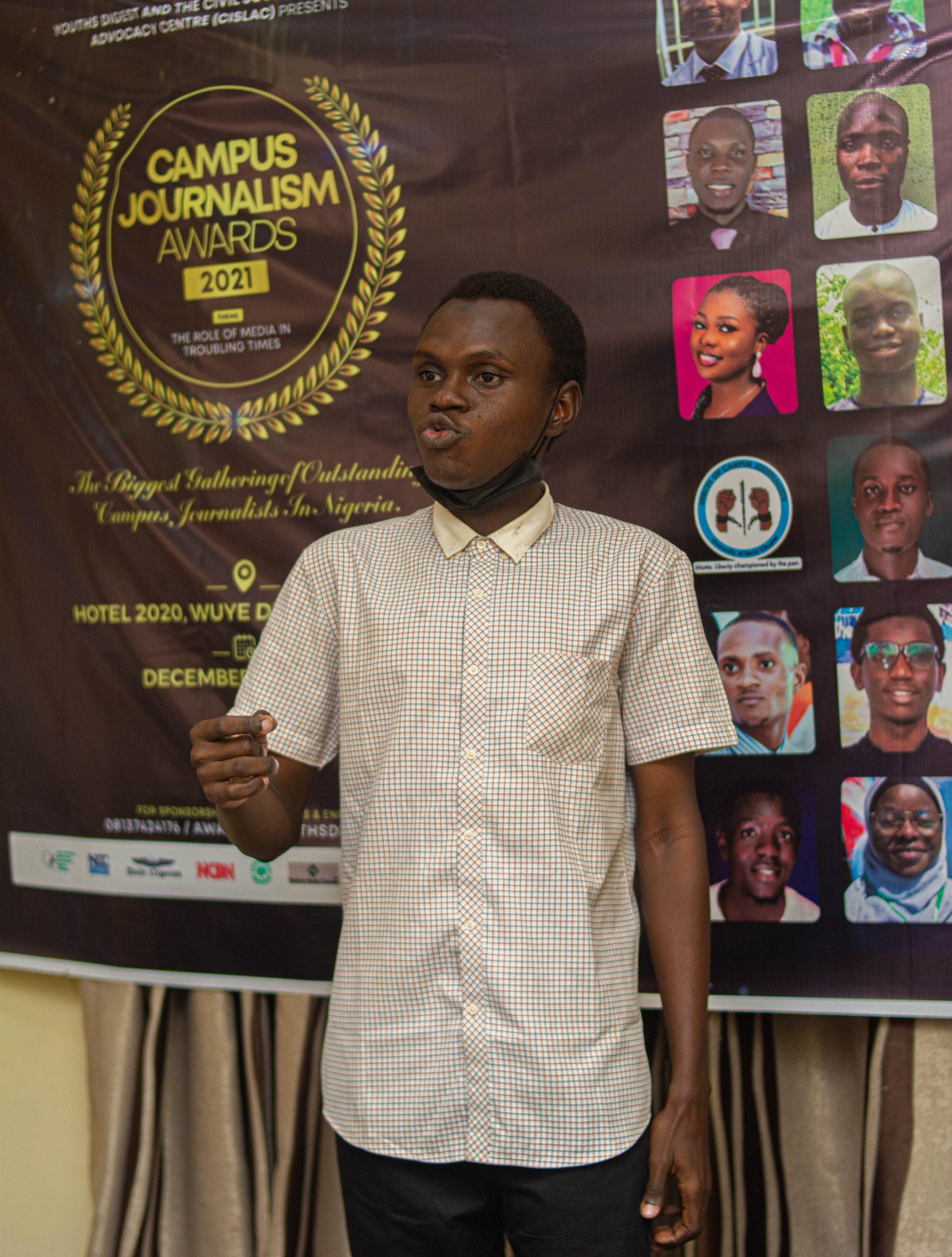The role of media in troubling times

By MUHAMMAD AUWAL IBRAHIM
Nigeria is burning. We have to stop it. We can’t afford to lose our dear nation. But who can be of help? The media has a critical role to play and through which, there is a great hope of achieving the fire extinction before it goes out of hand.

Information is power, thereby making the media a powerful tool used in sending persuasive messages. The more the messages continue to flow in our societies, the higher their ability to shape public discourse. Media is a powerful tool that is used in shaping public opinion and thereby changing the way people behave, think and or even live sometimes. It is often used by the power elites to achieve their aims. In the present day Nigeria, where things are still falling apart, are the media organisations playing a positive or negative role?
The media has the role of information dissemination, that is accurate, factual and unbiased to a large and scattered audience. Terrorism and insecurity information, are not in exception. The media should accurately inform the people about future threats, chaos and fear of terror attacks and how to avert them, should they occur.
Also, the media plays a critical role in every society by holding leaders accountable, more especially in times of crisis. However, it should be noted that it is not lawful in any way for the media to undermine national security in the process of discharging such responsibilities.
Furthermore, it is no gainsaying that the media have the duty of building a nation and not destroying the existing pillars of the nation. The media, in other words, can be said to be fire extinguishers and not fire fuel. It is only through this process, that the media can promote national security and harmony.
The media can give several contributions to national growth and development, that is, if properly managed. However, when the reverse is the case, they will contribute to national underdevelopment or even worse than that, as the case may be, as seen in the case of media outfits airing and filming terror supportive scenes that may one day ginger other negative minds to emulate wrongdoers or promoting the activities of terrorists.
It is evident in Nigeria today, that some media houses have been diverted from their role to being used to spread hate speech and fake news which may in turn result to violence or more troubles than the one Nigeria currently battles now. Supporting violence, sensationalism, and hatred will do nothing but add to the already burning fire in this country. However, these are not the responsibilities of the media and hence, they should take heed.
A veteran journalist, Kadarai Ahmed said “Despite numerous examples that exist which have proved, including not too long ago in Rwanda, that the conduct of the media can help in, starting, promoting and perpetuating violence and ethnic strife, we have turned a deaf ear to pleas to not become a tool that enables hate. But we have failed to heed these warnings.”
“We have given platforms to the worst among us, the extremists and the bloodthirsty. We have turned militia leaders and criminals into champions. Instead of us to lead a calm and rational discussion on the existential challenges we face with a view to promoting actionable solutions, we have succumbed to hysteria and the next exciting clickbait headline.”
Therefore, the media can make a positive contribution on the prevention of terrorism, insecurity and other threats by specifically portraying how other nations responded to such scenarios and how it yielded positive outcomes without bias. In other words, it is known as development journalism.
*Muhammad Auwal Ibrahim is a multiple award-winning journalist, fellow AIJC 2020, Wits University, Johannesburg, South Africa. He can be reached via awwalbinibrahim@gmail.com








